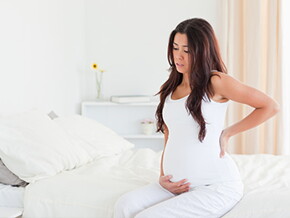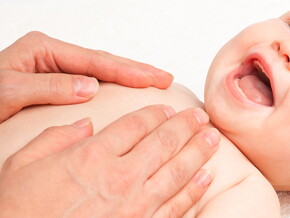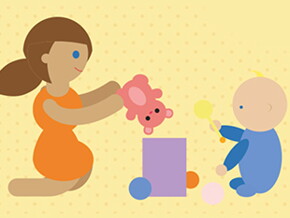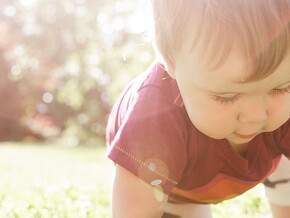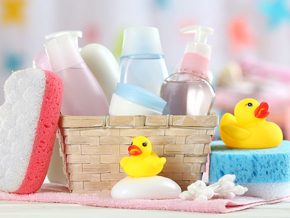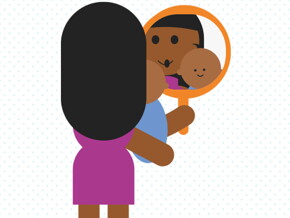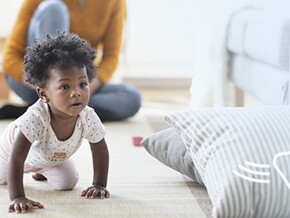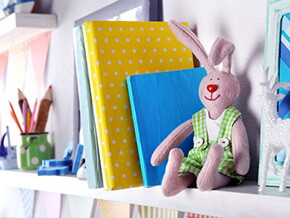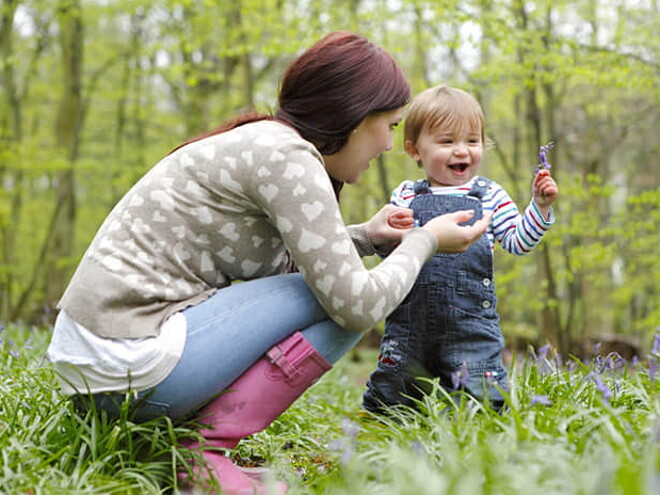
Your baby needs to be more active than you might think. Studies show that nine-month-old babies who actively play with their parents have increased physical activity when they’re close to two years of age. It’s certainly never too early to get into the habit of incorporating active playtime into his everyday routine.
Surprisingly, many parents think their children are naturally active and don’t need any extra encouragement. However, research reveals the opposite to be true, and many toddlers aren’t active for the recommended amount of time for their age. In several countries, there are activity guidelines for toddlers aged one to two years old. These guidelines recommend at least one to three hours of activity per day.
Experts advise that babies engage in physical activities that explore movement and their environment for several short periods of time each day. Babies should, of course, always be in a safe environment and supervised when playing.
Let these five principles guide how your baby plays, to start him on the path toward an active and healthy life.
- Get moving. Encourage your baby to be physically active several times a day in a variety of ways. You don’t need lots of equipment—simply playing together on the floor will get him moving.
- Spend less time sitting still. Try not to let your baby sit in the same position, for example in a stroller, car seat, or high chair, for more than one hour at a time.
- Avoid screen time. Screen time is not recommended for babies or children under two years old. Instead, enjoy limited quiet time by reading together or telling him a story.
- Stay hydrated. As your baby may get thirsty during a play session, take a break and offer him a cup of water, and offer another one at the end of the activity. Be sure to let him see you enjoying a refreshing glass of water, too.
- Sleep well. At around 8-11 months of age, 12 to 15 hours of good-quality sleep per 24 hours, including naps, is recommended.



